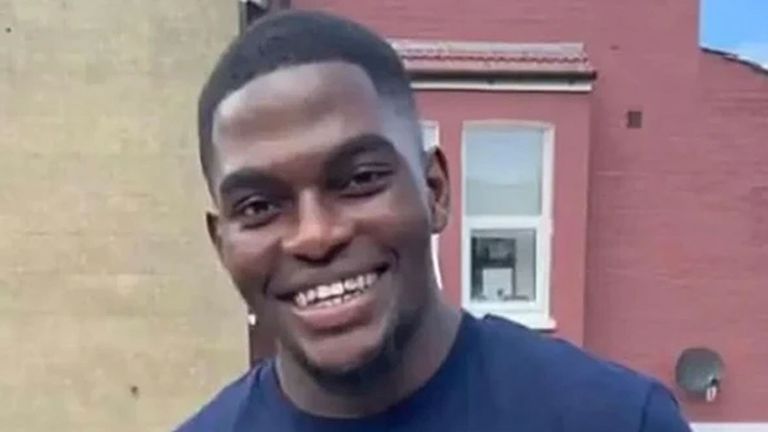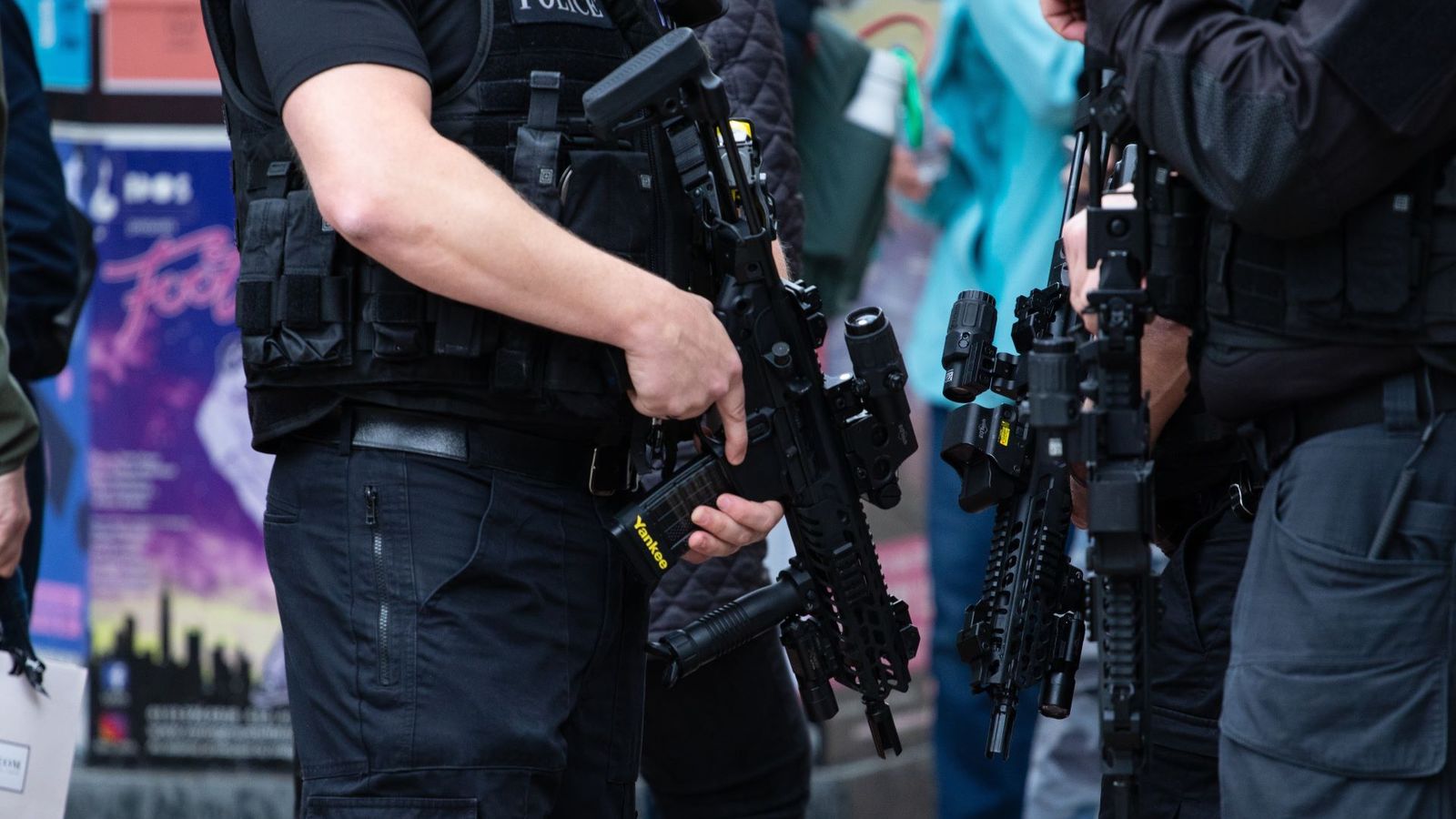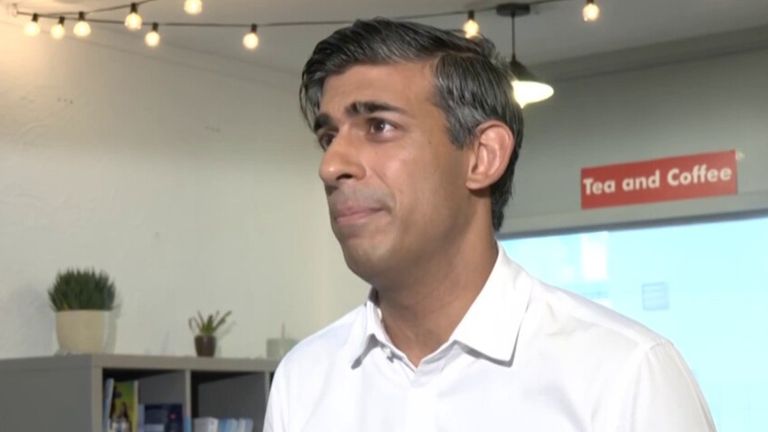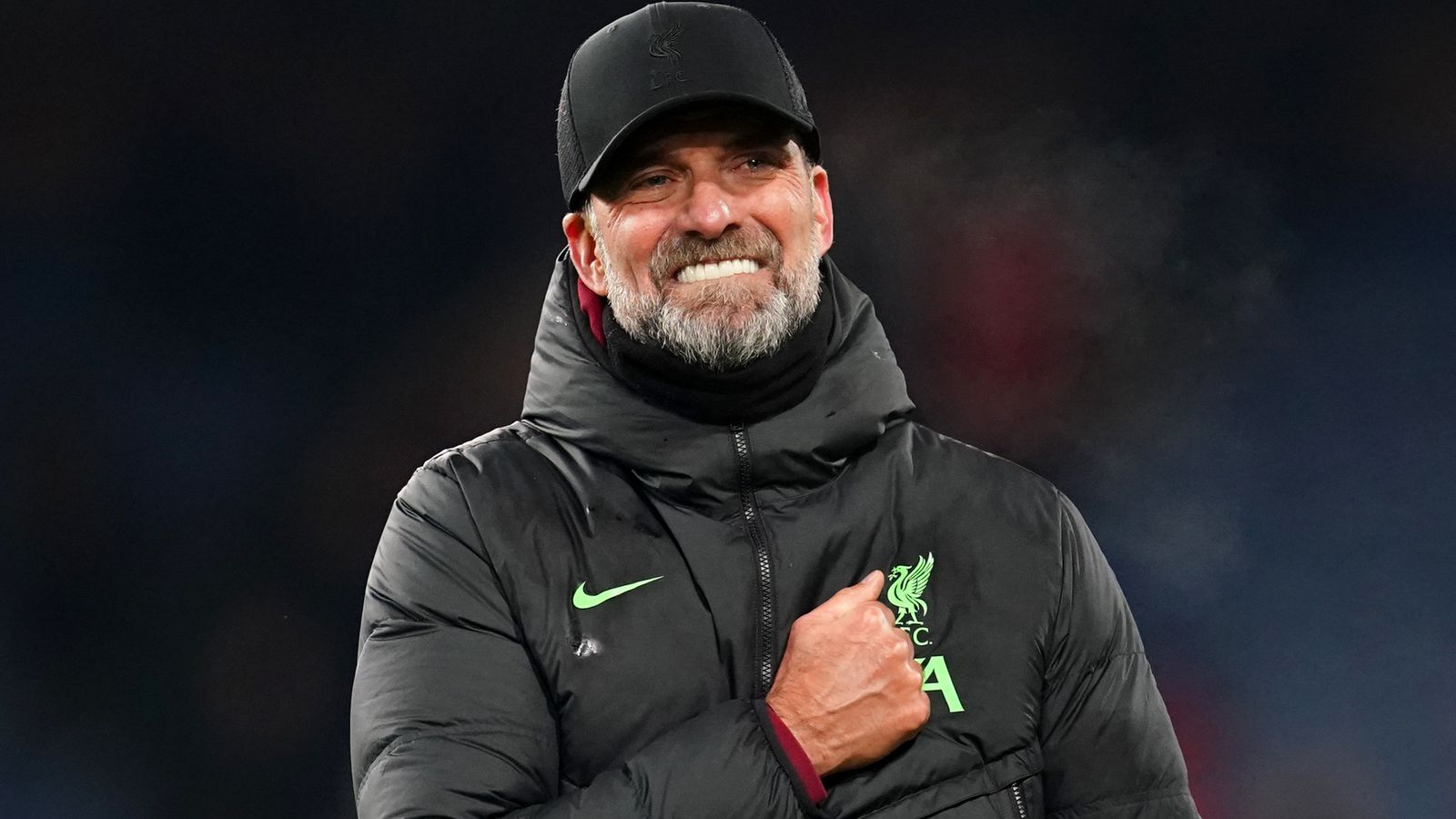
The Metropolitan Police says it no longer needs soldiers who were on standby as armed officers stepped back from duties.
Firearms specialists from other forces will still be drafted in to support the Met during the revolt, which stems from a decision to charge an armed officer with murder.
However, the force said enough firearms officers have now returned for it to be able to meet its counterterrorism responsibilities without military help.
Earlier, the Met said “a number of officers have taken the decision to step back from armed duties while they consider their position” and “that number has increased over the past 48 hours”.
“To ensure that we can continue to keep the public safe and respond to any eventualities, from Saturday evening Met firearms officers will be supported by a limited number of armed officers from other UK forces,” the force added.
The crisis has emerged after a police officer was charged with murder over the shooting of 24-year-old Chris Kaba, who was killed in September last year in Streatham Hill, south London.
The officer accused of his murder is named only as NX121 after a district judge granted an anonymity order.
The force’s commissioner Sir Mark Rowley welcomed a review into the situation by Home Secretary Suella Braverman to ensure armed officers “have the confidence to do their job”.
It was also backed by Prime Minister Rishi Sunak, who said armed officers need “clarity” about their legal powers.
Speaking to broadcasters during a visit to a community centre in Hertfordshire, Mr Sunak said armed officers are “making life or death decisions in a split-second to keep us safe” and “they deserve our gratitude for their bravery”.
He added: “Now it is important when they are using these legal powers that they do so with clarity, and they have certainty about what they are doing, especially given the lethality they are using.
“That is why the home secretary has asked her department to review the guidance that the officers are operating under to make sure it is robust and that it commands the confidence, not just of the officers, but of the public as well.
“Obviously it wouldn’t be right for me to speculate on ongoing cases, but that is what we are doing.”
Read more:
High-profile fatal police shootings in the UK
Met chief’s letter to home secretary in full
Will this force change in how police shootings are reported?
‘London isn’t as safe as it was’
Earlier, former firearms officer with the Met Police, Tony Long, told Sky News that the action has made London less safe, saying: “The only reason [Sir Mark Rowley is paying attention now] is because… they’ve withdrawn their services because of their concerns, and he’s left with a situation where he’s having to call in the military.
“He’s having to get much-lesser-trained officers to step up to do jobs that they’re literally not trained to do, and at the same time, try and convince you all… it’s business as usual.
“It isn’t business as usual – the public in London are not as safe as they would be if armed response vehicles, officers and counter-terror specialist firearms officers were being allowed to do their job.”
‘Public expects us to be held to highest standards’
In his letter, Sir Mark suggested legal changes over the way self-defence is interpreted in police misconduct cases, the introduction of a criminal standard of proof for unlawful killing in inquests and inquiries, and changes to the threshold at which the Independent Office for Police Conduct (IOPC) can launch an investigation.
“It is essential that we have a system which commands the confidence of officers and the communities they serve,” he wrote.
“Of course, where wrongdoing takes place, the public expect us to be held to the highest standards.
“I have been clear on this in all areas of policing, and the use of force must be no exception.
“The system that judges officers’ actions should be rooted in integrity and decisions should be reached swiftly, competently and without fear or favour.
“A review is needed to address accountability mechanisms, including the policies and practices of the Independent Office for Police Conduct and the Crown Prosecution Service (CPS), ideally with a focus on the threshold for investigating police use of force and involvement in pursuits.”













